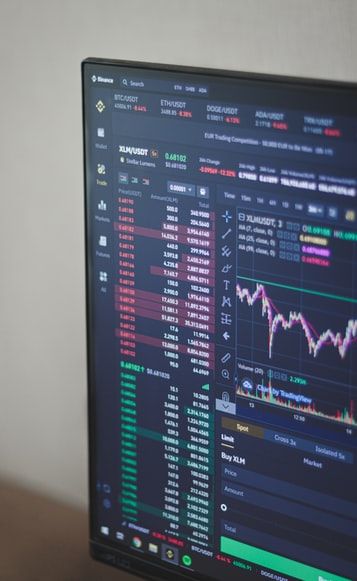After a brief increase on Thursday, the flagship crypto gave indication of passing $60,000. However, it was thwarted by renewed Covid concerns, which impacted traditional markets unfavorably, CoinDesk wrote.
Worries over new corona strain hurt markets
Today, the major financial markets are in the red amid concerns over a new coronavirus variant, which seems to have diminished risk appetite. Bitcoin is trading at $57,630 at the time of writing, while S&P 500 futures suffered a 1.3% loss.
Oil lost 2% in Europe and North America, while the MSCI Asia-Pacific index dropped 1.8%. US treasury bonds, the Japanese yen, and other hedging assets are gaining ground.
A new, vaccine-resistant variant?
Market sentiment turned sour in the wake of reports of a new, possibly vaccine-resistant coronavirus strain detected in Hong Kong, Botswana, and South Africa. If these fears materialize, a lot of countries might have to reintroduce economically painful lockdowns.
Richard Lessells, an infectious disease physician based in Durban, South Africa, told Nature science journal the following about the new strain:
There’s a lot we don’t understand about this variant. The mutation profile gives us concern, but now we need to do the work to understand the significance of this variant and what it means for the response to the pandemic.
It looks like Bitcoin has yet to achieve the status of a safe haven given its decline against the backdrop of risk aversion in traditional markets. Its proponents touted it as an inflation hedge, but is that warranted?
Bitcoin as a store of value
It could be according to analysts with JPMorgan. Lockdowns tend to lead to higher inflation because they exacerbate supply chain disruptions. This could be a positive for bitcoin, which is seen as an asset that can store value. Analysts believe its October rally mainly resulted from its inflation hedge appeal and the spike in inflation expectations.
US CPI at 30-year high
The US consumer price index (CPI) is currently at a 30-year peak. If it keeps rising, the U.S. Federal Reserve (Fed) could relegate economic growth to the back burner and focus on inflation control instead, unwinding stimulus packages. This, in turn, will cause asset price deflation.
Bitcoin is vulnerable to Fed restrictions
This was reflected in its sharp fall earlier this month, when the CPI bolstered concerns over an early interest rate increase.
On Wednesday, the Fed released minutes from its November meeting, which showed officials would be prone to hike interest rates sooner than expected.












